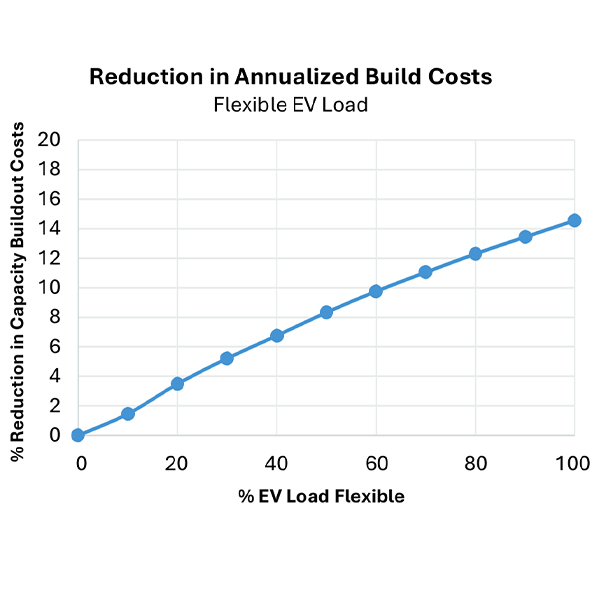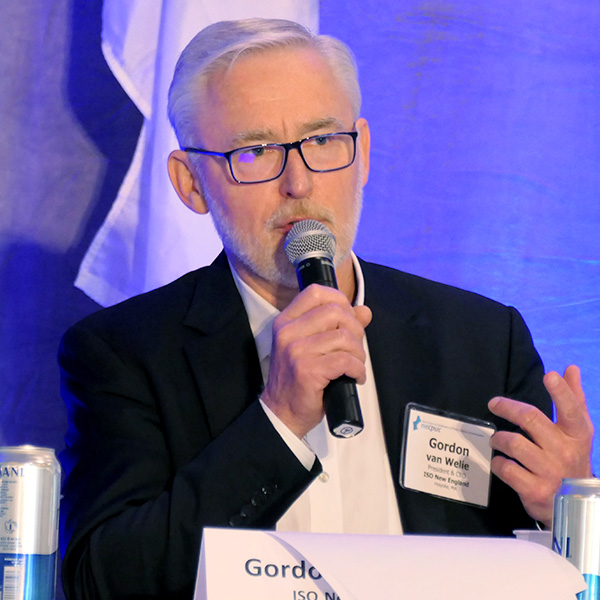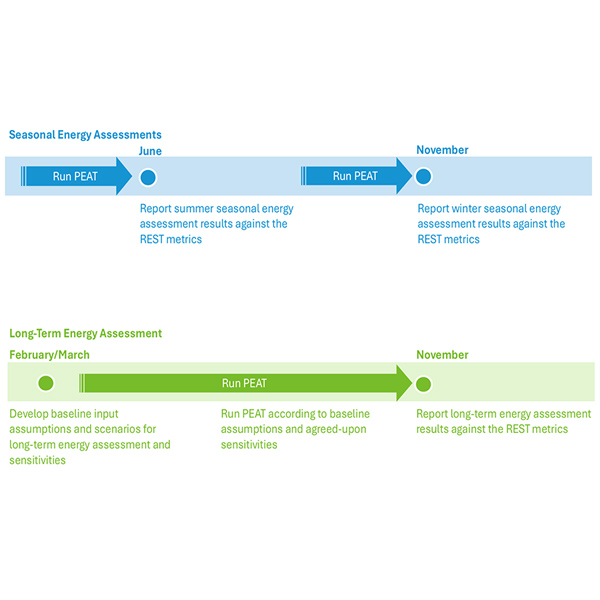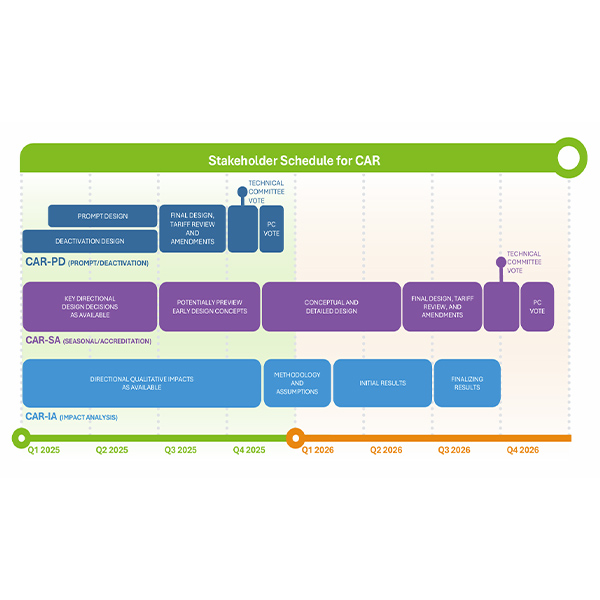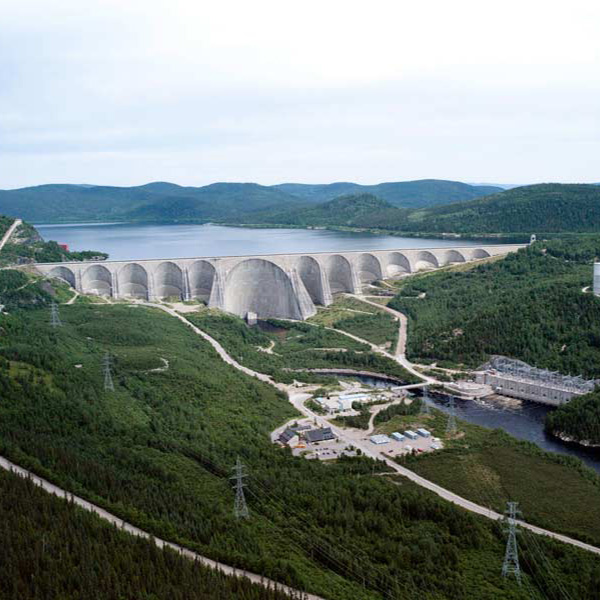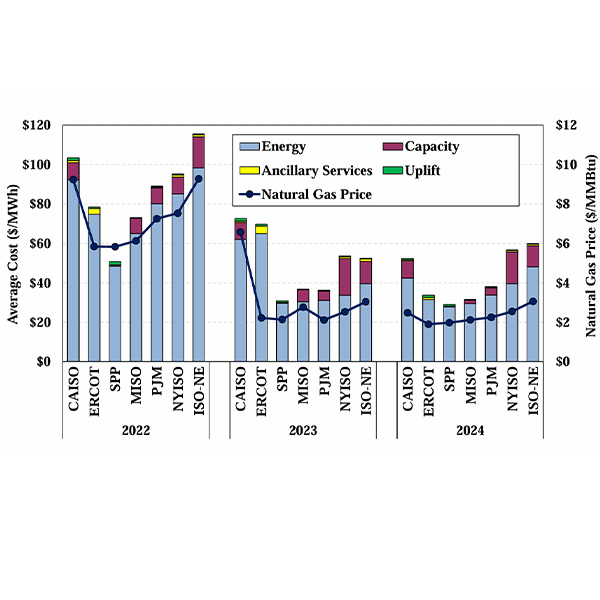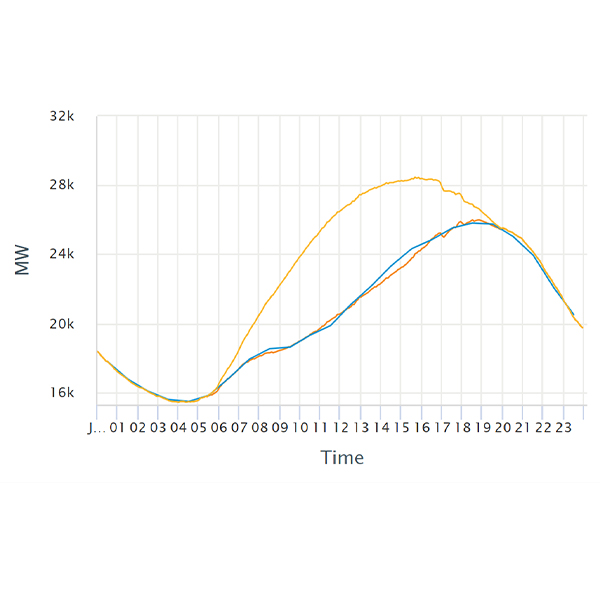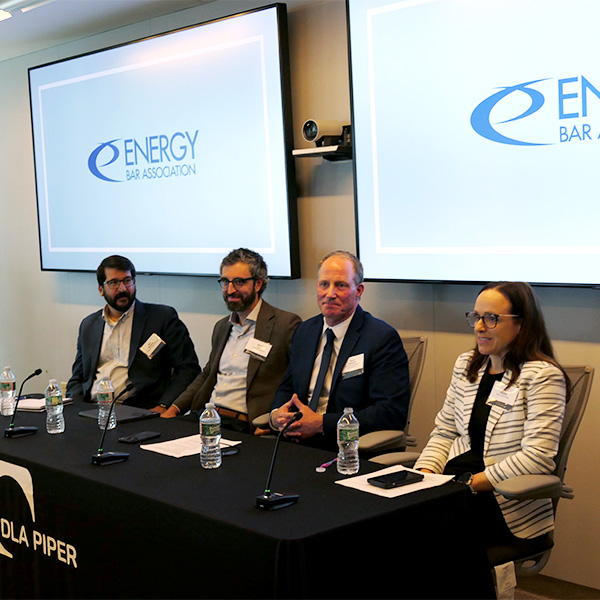ISO New England (ISO-NE)
Retiring ISO-NE CEO Gordon van Welie discussed the changes he helped oversee during his time at the RTO, including the rise of gas generation and major investments in transmission infrastructure.
ISO-NE provided updates on its proposals for generator retirements, market power mitigation, and resource qualification and reactivation.
ISO-NE’s capacity deficiency event demonstrated the significant benefits of solar resources, along with their limits in displacing fossil resources during peak load periods.
ISO-NE and stakeholders discussed market performance, capacity auction reforms, the RTO’s 2026 budget and asset condition spending at the summer meeting of the NEPOOL Participants Committee.
ISO-NE declared a capacity deficiency, implemented a Power Caution and took extra actions to maintain grid reliability during what may have been the highest peak load since 2013, driven by extreme heat and humidity.
ISO-NE CEO Gordon van Welie has announced plans to step down at the end of 2025. He will be replaced by longtime ISO-NE COO Vamsi Chadalavada.
Want more? Advanced Search
